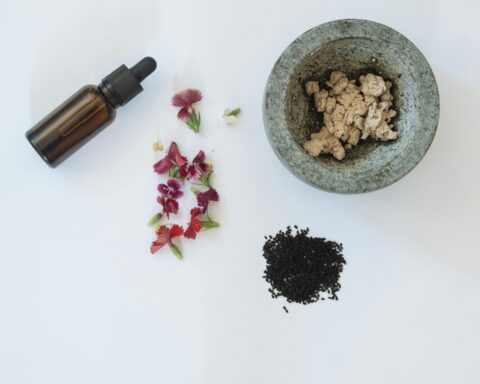Sukhan Kakkar/TNF
Maintaining testicular health is a vital aspect of overall well-being for men. The testicles play a crucial role in producing sperm and testosterone, the hormone responsible for male sexual and reproductive functions. Ignoring their health can lead to problems such as infertility, hormonal imbalances, or even cancer. Fortunately, most testicular issues are preventable with proper care and awareness. Here’s a comprehensive guide to keeping your testicles healthy and the precautions you should take.
- Perform Regular Self-Exams
A self-exam can help you detect abnormalities early. Here’s how to do it:
• Perform the exam after a warm shower when the scrotum is relaxed.
• Hold each testicle between your fingers and gently feel for lumps, swelling, or unusual changes.
• Look for differences in size, texture, or shape.
If you notice anything unusual, consult a doctor promptly. Early detection of conditions like testicular cancer significantly improves treatment outcomes.
- Maintain Good Hygiene
Proper hygiene is essential to prevent infections and discomfort.
• Clean the genital area daily with warm water and mild soap.
• Dry thoroughly to avoid fungal infections, especially in humid climates.
• Wear breathable underwear to reduce moisture buildup.
- Protect Against Injuries
Physical injuries to the testicles can cause severe pain and long-term damage.
• Wear protective gear during contact sports or activities with a risk of impact.
• Avoid sitting for prolonged periods in tight clothing, as it may increase pressure on the testicles.
- Avoid Prolonged Heat Exposure
Excessive heat can negatively affect sperm production and testicular health.
• Avoid hot baths, saunas, and using laptops directly on your lap for long durations.
• Opt for loose-fitting clothing to promote airflow and reduce overheating.
- Maintain a Healthy Lifestyle
Your overall health significantly impacts your testicles.
• Exercise regularly to improve circulation and reduce the risk of obesity, which can lower testosterone levels.
• Eat a balanced diet rich in antioxidants, zinc, and vitamins to support hormonal health. Include foods like nuts, seeds, leafy greens, and whole grains.
• Avoid smoking and excessive alcohol consumption, as they can impair sperm quality and testosterone levels.
- Be Cautious with Medications and Substances
Certain medications and recreational drugs can harm testicular function.
• Consult a doctor before taking steroids, as they can shrink testicles and affect fertility.
• Limit exposure to harmful chemicals, such as pesticides and industrial toxins, which may disrupt hormonal balance.
- Address Sexual Health
Safe sexual practices can prevent sexually transmitted infections (STIs) that could harm your testicles.
• Use condoms to reduce the risk of STIs like chlamydia and gonorrhea, which can lead to inflammation and infertility.
• Get regular check-ups if you are sexually active with multiple partners.
- Monitor Hormonal Changes
Changes in testosterone levels can affect your mood, energy, and libido.
• Watch for symptoms like fatigue, reduced muscle mass, or low libido, and consult a doctor if needed.
• Get your testosterone levels checked periodically, especially as you age.
- Seek Medical Attention for Pain or Swelling
Pain, swelling, or a feeling of heaviness in the testicles should never be ignored. These could be signs of:
• Testicular torsion, a medical emergency requiring immediate treatment.
• Epididymitis, an inflammation caused by infection.
• Varicoceles, which are enlarged veins in the scrotum that can affect fertility.
- Schedule Regular Check-Ups
Regular visits to a healthcare provider can help identify potential issues early.
• Discuss any concerns about fertility, hormonal health, or unusual symptoms.
• Men with a family history of testicular cancer or other testicular issues should consult a doctor for personalized advice.
Conclusion
Taking care of your testicles is simple yet essential for maintaining overall health and reproductive function. By practicing good hygiene, leading a healthy lifestyle, and staying vigilant about changes, you can ensure the long-term well-being of your testicles. Remember, early detection and treatment of issues can make a significant difference, so never hesitate to consult a healthcare professional when in doubt.
Your testicular health is in your hands—literally and figuratively. Make it a priority today!













